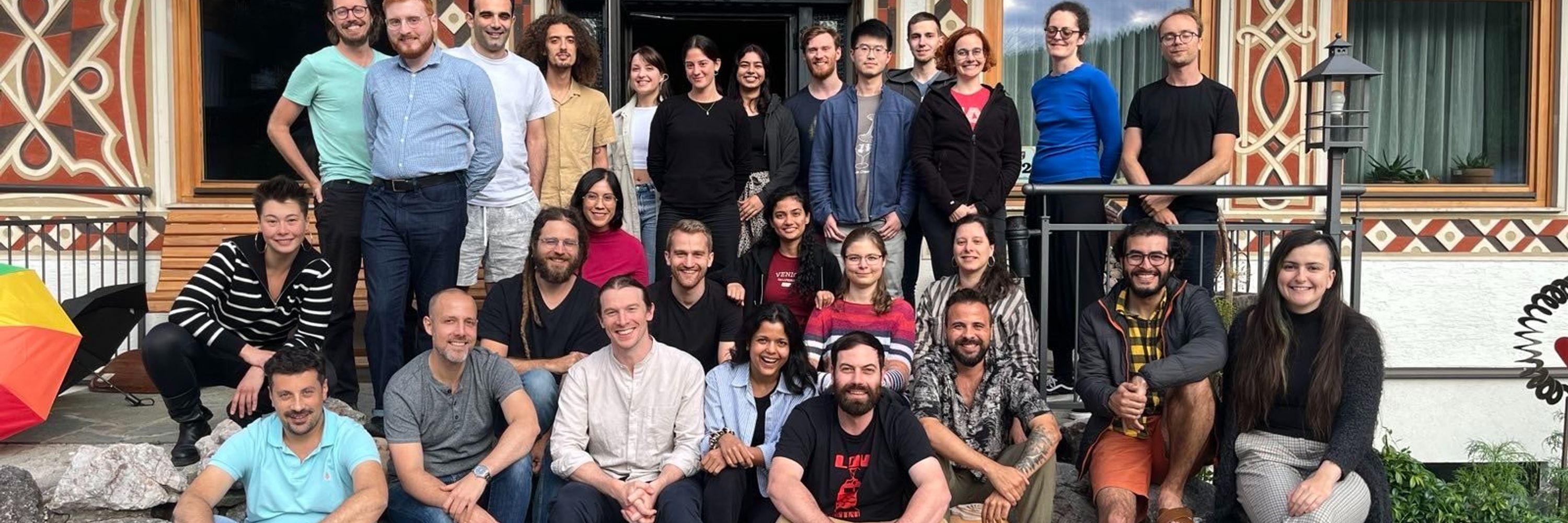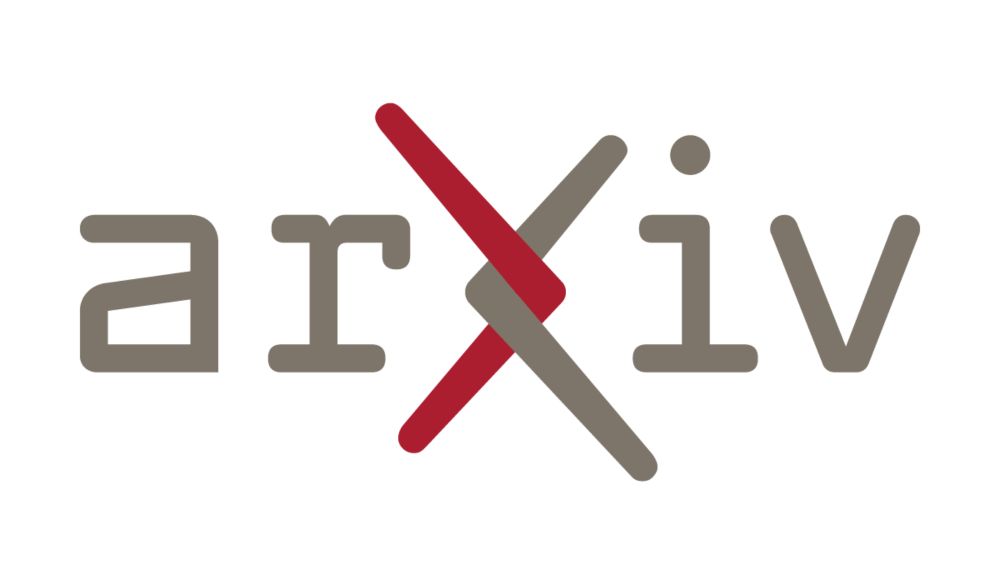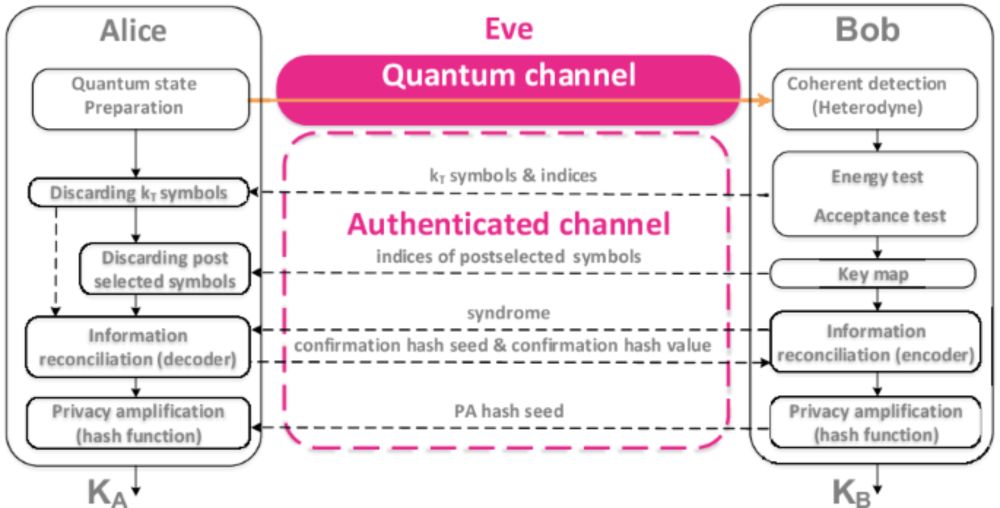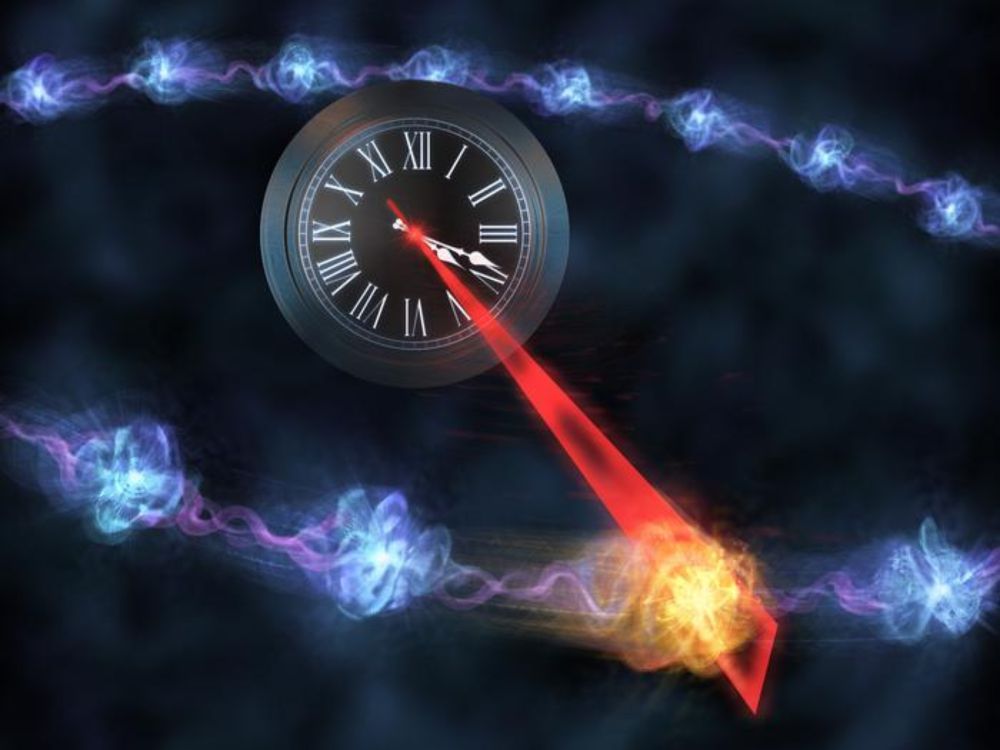
https://www.quitphysics.info/
arxiv.org/abs/2511.04274
arxiv.org/abs/2511.04274

arxiv.org/abs/2510.15693

arxiv.org/abs/2510.15693
arxiv.org/abs/2510.12457

arxiv.org/abs/2510.12457
www.nobelprize.org/prizes/physi...

www.nobelprize.org/prizes/physi...
Having followed it as it was written and knowing the hard work that was poured into it, really brings a smile to one's face to see it highlighted.
Yes to detecting entanglement using thermodynamics!

Having followed it as it was written and knowing the hard work that was poured into it, really brings a smile to one's face to see it highlighted.
Yes to detecting entanglement using thermodynamics!
arxiv.org/abs/2509.19608
arxiv.org/abs/2509.19608
arxiv.org/abs/2509.19022

arxiv.org/abs/2509.19022
(But that's all just setup for my rant at the end about how so much quantum tech is way over-hyped 👀👀👀)
www.youtube.com/watch?v=Lhou...

journals.aps.org/prl/abstract...
journals.aps.org/prl/abstract...
arxiv.org/abs/2509.02743

arxiv.org/abs/2509.02743
arxiv.org/abs/2508.19341

arxiv.org/abs/2508.19341
arxiv.org/abs/2508.16375

arxiv.org/abs/2508.16375
-A theory of above-threshold ionisation w/ squeezed light:
arxiv.org/abs/2508.01621
-A link between attosecond interferometry & weak values:
arxiv.org/abs/2508.09048
-An open-systems approach to non-linear light emission
arxiv.org/abs/2508.09049
Good stuff!
-A theory of above-threshold ionisation w/ squeezed light:
arxiv.org/abs/2508.01621
-A link between attosecond interferometry & weak values:
arxiv.org/abs/2508.09048
-An open-systems approach to non-linear light emission
arxiv.org/abs/2508.09049
Good stuff!
arxiv.org/abs/2507.21221

arxiv.org/abs/2507.21221
www.nature.com/articles/s41...

www.nature.com/articles/s41...
Unavoidable? Maybe not! 🧪⚛️ physicsworld.com/a/how-to-kee...

arxiv.org/abs/2505.15887
arxiv.org/abs/2505.15887
physicsworld.com/a/helgoland-...

www.fwf.ac.at/forschungsra...
www.fwf.ac.at/forschungsra...
journals.aps.org/prl/abstract...
journals.aps.org/prl/abstract...

